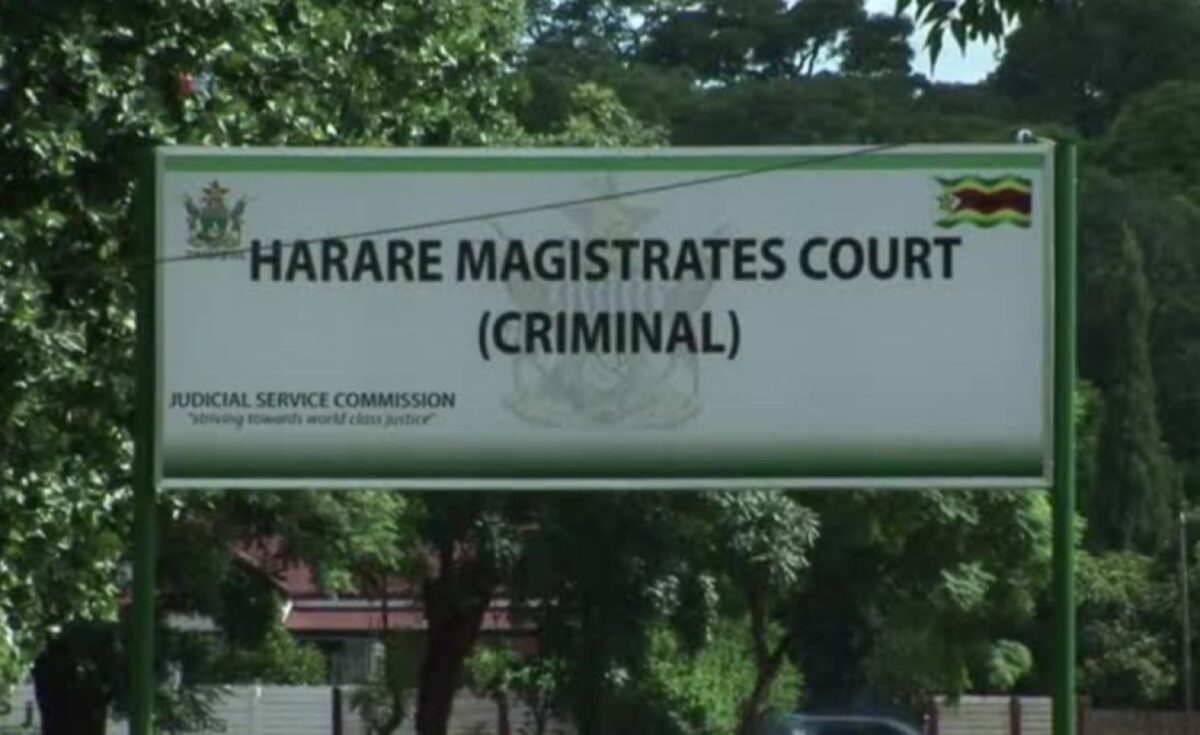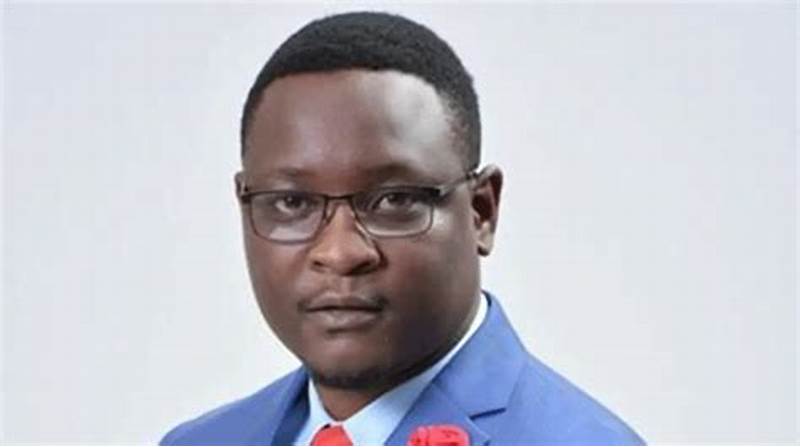HARARE – Zimbabwean health workers have left the country in droves over the past year, a senior official at the Health Services Board (HSB) revealed on Sunday.
More than 4,000 health workers have left since 2021, HSB chairperson Dr Paulinus Sikosana told Reuters. This includes more than 1,700 registered nurses who resigned last year and more than 900 who left this year.
Health workers went on strike in June demanding to be paid in U.S. dollars as inflation further weakened the local currency.
Doctors and nurses in Zimbabwe have found work mainly in Britain, leaving the country’s health sector in dire straits and local hospitals understaffed.
In his weekly newsletter published by a state newspaper on Sunday, President Emmerson Mnangagwa pledged to review the salaries of health workers to slow down the exodus.
“The number of medical practitioners in the country remains unsatisfactorily low,” Mnangagwa wrote. “I am told we have 3,777 registered medical practitioners in the country. Of this number, 1,982 are general medical officers; 713 are specialists; 250 are dentists, while 627 are interns. We have to boost our medical corps.
“I’m aware that such a goal takes time, and a lot more than just the availability of training facilities. We have to competitively reward our doctors in order to guarantee greater staff retention in our hospitals, and in the country. Many of our doctors continue to leave the country for greener pastures; they are hotly sought after, particularly in the rich West, because of our superior training facilities. We have to treat in-country medical staff retention as a foremost national goal.”
Mnangagwa promised “more visible and substantive steps will be taken in the near future to improve the working conditions for our medical staff.”
He added: “Barely a month ago, I officially opened a massive warehouse for stocking drugs for our nation. This facility, built through a Chinese grant, is for the National Pharmaceutical Company (NatPharm). It is a facility which now allows us to stock medicines and other sensitive accessories we need in all our health facilities countrywide.
“The coming 2023 budget, coupled with support from our international partners, should see us fully stocking the facility, thereby improving availability of medicines and accessories in the country… At the end of the day, a doctor is as good as the equipment and machinery available to them, in the discharge of their work, which invariably is delicate and life-saving.”
Zimbabwe has four training centres for doctors – the University of Zimbabwe, the National University of Science and Technology (NUST), Midlands State University (MSU), and the Great Zimbabwe University Medical School.
















